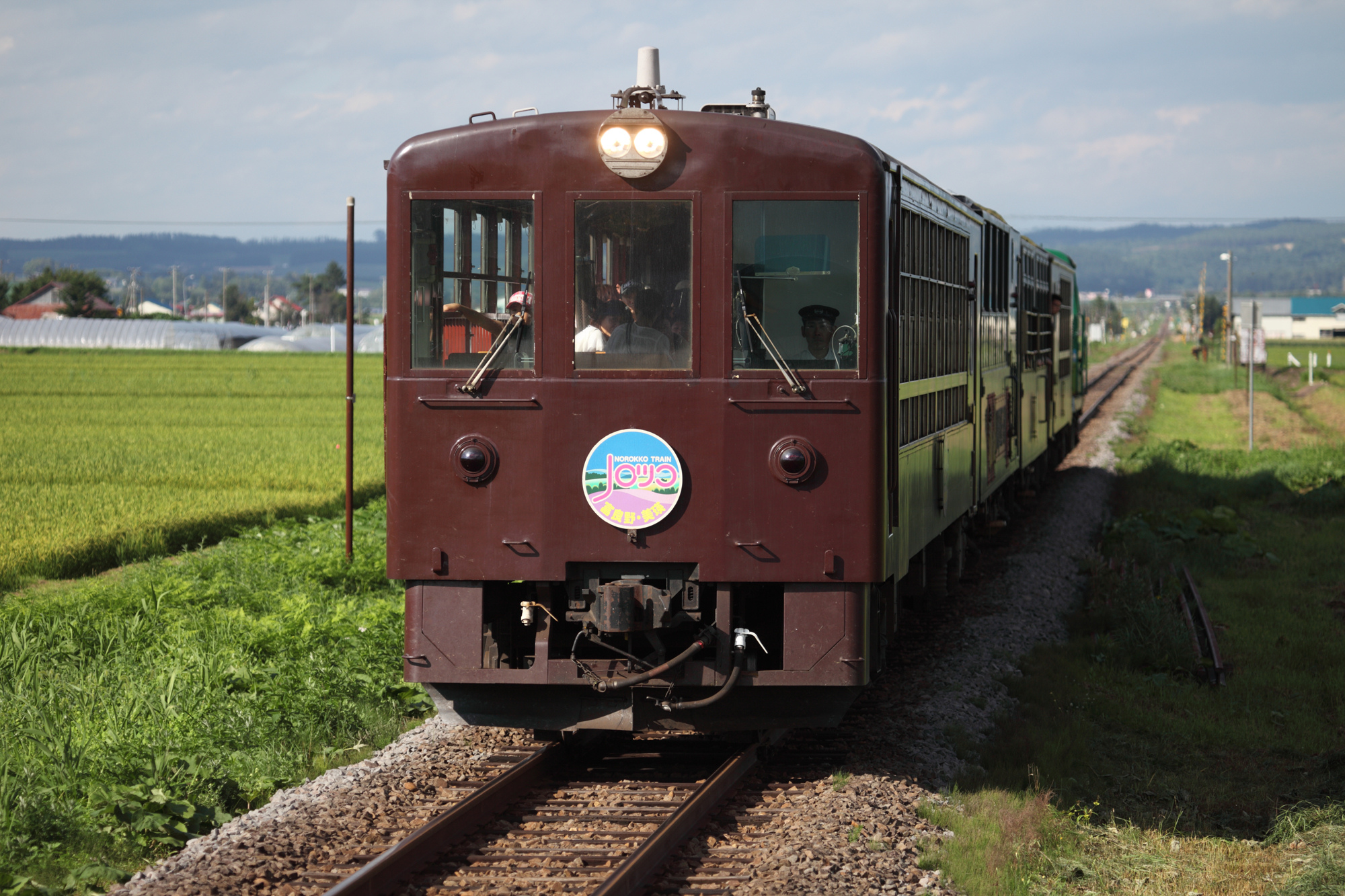Privatization of public enterprises is a core tenet of neoliberalism, and probably the most representative domestic development in this regard was the privatization of Japanese National Railways (JNR) in 1987. The resulting rail companies, distinguished primarily by region, have demonstrated differing degrees of success. In some cases, especially for new shinkansen lines, they rely on input from the government, which assumed the JNR debt, but the inevitable rationalization that accompanies privatization has affected the domestic rail industry in startling ways, given how central rail culture is to Japanese life.
JR Hokkaido has become the most embattled of the former JNR entities, and one can sense in media coverage of its existential problems a conflict over whether privatization is still a good thing for a service that was once taken for granted despite its chronic tendency to lose money.
As discussed in an April 28 article in the Nihon Keizai Shimbun, something like one half of all lines belonging to JR Hokkaido are unprofitable, and the railway is trying to work with local governments situated along these lines, comprising approximately 1,200 kilometers of track, to come up with solutions. About two-thirds of lines operated by JR Hokkaido have considered seeking financial assistance in order to keep their respective routes open, while the remaining third are leaning toward shutting their lines down due to a dearth of passengers.



















With your current subscription plan you can comment on stories. However, before writing your first comment, please create a display name in the Profile section of your subscriber account page.